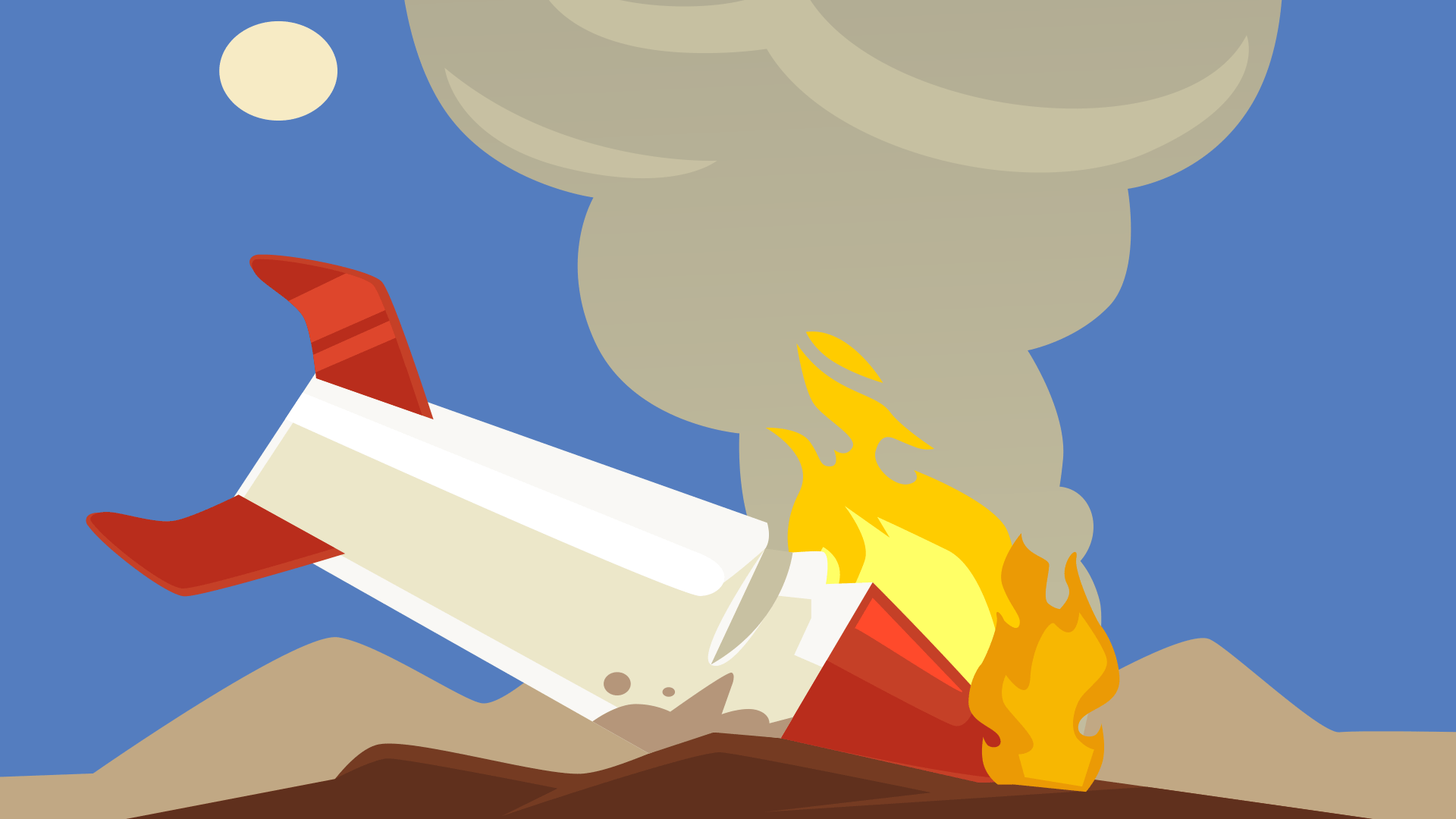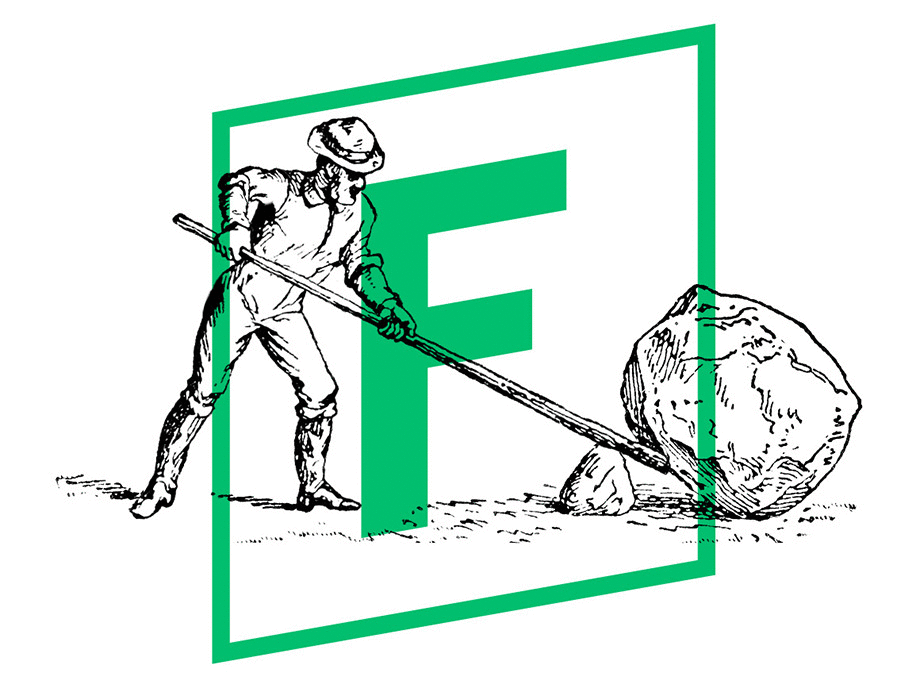
Learning to Fail Better
The best success stories often begin with failure. Michael Jordan didn’t make his high school basketball team. Bob Dylan’s band, the Golden Chords, lost a high-school talent competition to a tap dancing act.Stephen Spielberg was rejected TWICE from USC’s School of Cinematic Arts.
Despite our best attempts to avoid it, failure is a guaranteed and inevitable part of life. And it’s often one of our best teachers. In fact, ask any successful entrepreneur, any professional athlete, any scientist or engineer and they’ll probably tell you that it’s from failure that they learned the most.
The Biology of Failure
That’s because failure is deeply rooted in the way our brains pay attention and learn. When we experience failure, our brains react to the resulting “social pain” and humiliation the same way they react to “physical pain”. That is to say that the human brain evolved to interpret failure the same way it interprets a physical threat to our lives. When we fail, our brain sets off a cascade of stress hormones that cause us to be more alert and attentive (two necessary conditions for learning). In fact, science has shown that the initial release of stress hormones enhances learning if it is experienced in the context of learning.
Failure and Learning – Handle with Care
Research on stress, learning and failure also underscores that failure in learning has to be handled with care because:
Too much stress is a bad thing
Research reveals that stress hormones – like those that arise from failure – need to be normalized (to a moderate level) before or after a learning task in order to enhance learning, otherwise they just impair it. Learners need to come off the stress high before they can consolidate their new learning into memory.
Too much Failure Can Be Psychologically Damaging
Research also shows that people need to learn to respond to failures in psychologically adaptive ways. In other words, we need to build resilience to failure, so we can persevere and not get mired by the negative effects of failure like demotivation, demoralization, learned helplessness and depression. We have to learn to fail better.
L&D Tactics to Help Learners Fail Better
In the world of corporate training, learners fail all the time. They answer assessment questions incorrectly, misapply knowledge and misremember facts. These instances of failure are really opportunities for deep learning, reflection and transformation. But they have to be handled with care so that learners can experience the learning benefits without the psychological pitfalls. Here are just three suggestions to help learners fail better:
Position learning as a journey: Help learners avoid the frustration and discouragement that can come from failure by positioning learning as a journey with no set path and no end-point. Remind them that practice does indeed make perfect. Encouraging learners to move at their own pace and embrace where they are in the learning, underscoring that they WILL improve as they work through the course, will help mitigate the negative feelings associated with failure.
Institute Coaching Rather than Feedback: When a learner fails – answers a question incorrectly or can’t demonstrate sufficient knowledge – our instinct is to provide corrective feedback. But research shows this can actually be detrimental. In fact, in a review of 131 studies on feedback, researchers found that 38% of feedback interventions actually result in decreased performance. Rather than providing classic feedback, encourage learners to think critically and determine the right answers on their own. Give them hints rather than the correct answers. And offer opportunities for learners to take control of their own knowledge with “good to know” information.
Incorporate Opportunities for Self-Direction: One of the things that’s so defeating about failure is that it makes us feel like we’re out of control. Because failure is certain, we need to give learners a way to reclaim control over their experience. Even just giving learners small choices about their learning experiences helps them regain a sense of control. These choices might be things like:
- How to engage with the content – read it, watch a video, challenge yourself with practice questions, etc.
- How to access the learning – mobile, desktop, etc.
- When, throughout the day, they want to dedicate to learning, and so on.
A Little Failure is Good
A little failure is a good thing – both in life and in learning. But to truly maximize the failings of our learners, we have to handle them with care through strategies that help our learners fail better. For more information about how Fulcrum Labs delivers a thoughtful approach to managing learner failure, check out our short overview view.
